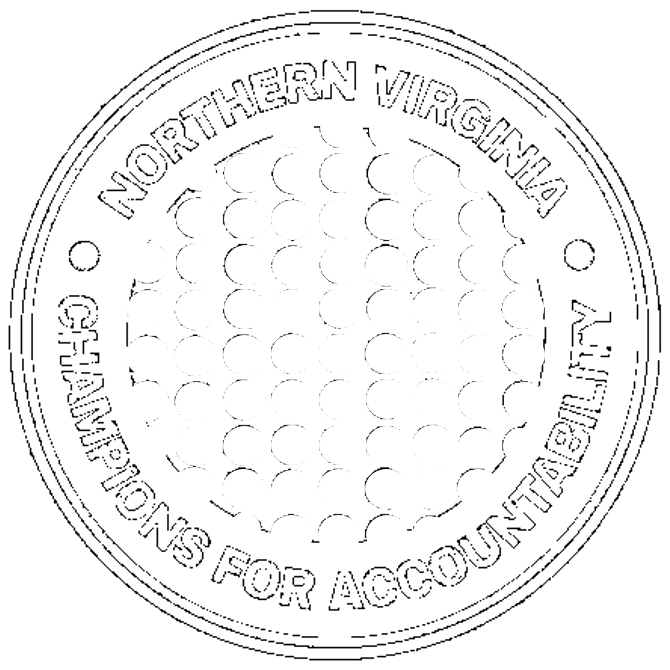Jade Garrett developed a startup company at the Mason Innovation Lab in George Mason University’s School of Business. The Community Foundation’s Innovation Fund supported the launch of this program with a $25,000 grant in 2013.
Entrepreneurship definitely has its benefits, you are working at turning your dreams into reality, you make your own hours, and you get to see exactly how much your hard work can pay off. On the other hand, what you don’t know about being an entrepreneur is that sometimes working hard isn’t the same as working smart; your dreams can look like hallucinations, and making your own hours usually means that you are never off the clock. It can be a difficult and lonely path to go down, only one of every thirteen startups makes it past the one-year mark. GMU’s Innovation Lab program, which was made possible by a grant from the Northern Virginia Community Foundation, is the one factor that has made all the difference between success and failure for me.
I am one of the lucky startups, when I was given the opportunity of turning my idea into a business, I grabbed it and ran with it, like there was a bear running behind me. I would have been forced to give up my dreams of being an entrepreneur from all the stress of taking classes and being a single mother. No one can handle managing all of that alone while trying to start a business, not without help and support. George Mason University’s Innovation Lab is a place for college entrepreneurs (and recent alumni) to get their startups launched. It has become so much more than just a room to meet in; Innovation Lab has become a community for startups and innovations. It is a program where business teams can apply for a spot in the 24/7 accessible lab, receive prototype funding, gain exposure to investors, and mentorship from industry professionals.
David Miller is the Director of Entrepreneurship at GMU and is the professor who heads the Innovation Lab program, he inspires students by holding weekly meetings (with free pizza) for students to gather together and talk about ideas and opportunities. You will most likely find him in the Business School’s hallways talking with students about their business ideas and giving them insights on how to get started. He is great at helping students organize their dreams into executable steps in order to start a business.
The startup teams that were selected to participate in the program have to present their business models to each other and a panel of outside professionals. After they present, the panel and teams give feedback on how they can use Lean Startup principles to keep innovating their business models. The teams gather together every other week over the semester and at the end we have a large Demo Day where we pitch our startups to over 60 potential investors, partners and community members.
My startup, Positive Deviancy, develops computer input devices for children on the Autism spectrum. My first prototype was a computer keyboard that was integrated into a teddy bear. I was torn on choosing who my primary customer base should be, special education departments in schools or parents with children who have Autism. I had to individually reach out to parents and teachers and listen to their needs and see if my device could help solve their problems.
The goal of the customer interactions is to force an action or behavior that would indicate if potential customers would buy my device or not and listen to the customer on what they want in the product or solution. When I was speaking to parents with Autistic children, I would ask if they wanted to purchase the device and over 65% of the parents interviewed said that they would buy it immediately. When I spoke to special education teachers, they all said that they liked the idea and would like to use it with their students but when it came to purchasing the device, none of the teachers had the authority to make purchases without approval from the schools first. I was able to narrow down my customer market to focus on parents instead of schools because I saw that it was the parents who have the purchasing power and quicker decision making process. By using the Lean startup methods that we learned in this program, I saved so much time and energy in the long run.
The most valuable part of Innovation Lab is the opportunity to meet the other startups. Teams in the Innovation Lab are all at different stages -- from True Honey Teas who was able to get their honey infused k-cups into Whole Foods, Pop Wed Co. who was featured in the Washington Post for their inventive take on eloping, OnYou who was able to raise $20,000 in a Kickstarter campaign for their magnetic phone cases, and my company, Positive Deviancy where my initial seed money was provided by Google. Even with our diverse backgrounds and experiences, we bring our ideas and wisdom to the table and use it to inspire each other to keep going.
We have all joined together and created our own support network where teams have stayed at Innovation Lab until 3AM rehearsing pitches because one startup team has a phobia of public speaking (And yes, it was me). But I also love to return the support, whether it is with editing a logo or setting up their social media, but that it’s in my own form of how I can help them back. Every failure or success is shared by all the teams and without this sense of community many of the startups would not be in business today. As an entrepreneur, I am used to doing most things alone, but now that I am a part of this amazing community of startups from Innovation Lab, I don’t feel alone anymore, I feel like I have a supporting family that cares.
Entrepreneurship at the Mason Innovation Lab
January 20, 2015


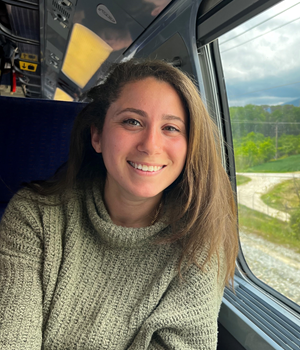 Questions?
Questions?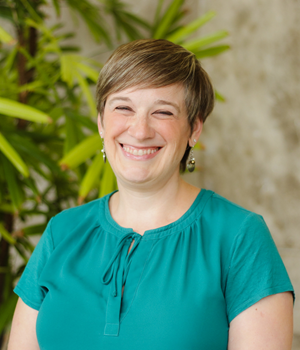 Questions?
Questions?


